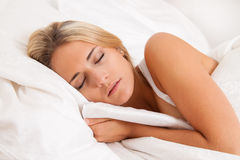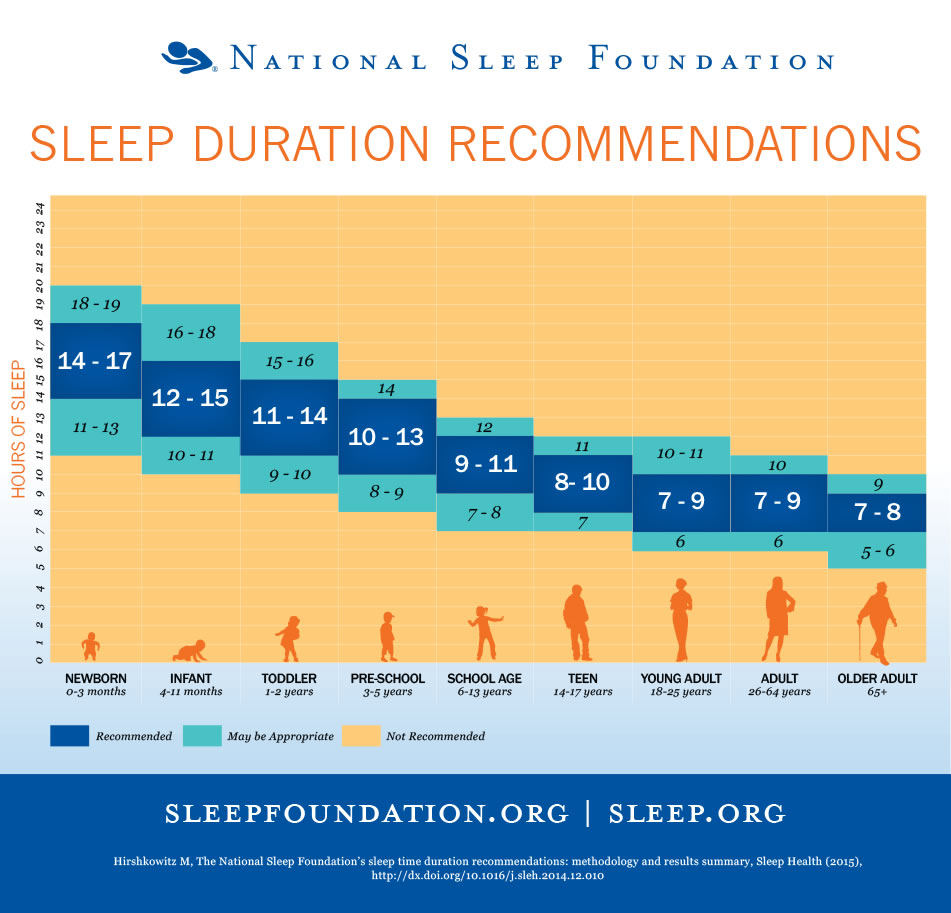These days my definition of being “good in bed” refers less to sex and more to getting a decent night’s sleep. Like many adults I am challenged with bouts of nighttime wakefulness (aka insomnia). And I am not alone. According to the Centers for Disease Control and Prevention (CDC), “Insufficient sleep is a public health problem.” An estimated 50 to 70 million U.S. adults have sleep or wakefulness disorder. Source
The reality is: What most people are not getting enough of in bed is a good night’s sleep.
Hopefully by having better Zzzzs you’ll feel more on your A-game. What I love about a getting a good night’s sleep is how much softer and refreshed my face looks the next day. Sleep and sex are two of the best beauty treatments for a healthy glow. Just add a comfortable bed and hopefully a decent partner.
I recently attended a presentation called “Sleep Your Way to the Top” at Tournesol Wellness in Manhattan. The topic was getting enough quality sleep. I almost fell asleep in the presentation because the easy stretching and Jin Shin Jyutsu® techniques we learned were so relaxing! I took some notes at the talk and did some research at the National Sleep Foundation. And I’ve added a few sleep tips of my own.
1. Stick with a steady sleep schedule. Eractic sleep patterns are like experiencing jet lag, and it can take time to get back on track. The National Sleep Foundation recommends that adults age 25-64 get an average of 7-9 hours of sleep each night and 8-7 for adults 65 and older.
2. Make bedtime a relaxing ritual. Pamper yourself and take time to unwind, whether you slather yourself with cream, mist your pillow with lavender or read a book. Do not bring work to bed or discuss work with your spouse/partner. Your bedroom should not be a board room.
3. Sleep naked. There is a science to this. Sleeping in the nude can reduce your risk for yeast infections and help lower your cortisol (aka your stress hormone). Read more here. Would you believe only 8% of people sleep nude?
4. Move all technology into another room. Bright lights and especially blue lights from mobile devices and laptops disrupt your circadian rhythm (aka your sleep-wake pattern).
5. Adjust your thermostat. The National Sleep Foundation recommends setting the thermostat at 60-67 degrees in your bedroom.
6. Sleep on your left side. More science. It’s better for preventing heartburn and GERD and aiding lympatic drainage.
7. Avoid heavy meals before going to sleep. Ideally you should finish dinner at least 2 to 3 hours before going to bed. If you must eat before bed, make it a light snack.
8. Have a glass of water by your bed for hydration but try not to drink too much before going to sleep. A 2003 Sleep in America poll of adults between the ages of 55 and 84 reported having nocturia, a frequent need to urinate in the middle of the night, at least a few nights per week.
9. If you are sensitive to noise, wear earplugs or consider buying a white noise machine. White noise creates a constant ambient background sound that can crowd out other noises (hopefully barking dogs, honking horns, shutting doors, your spouse’s snoring).
10. Avoid drinking caffeine and alcohol before bed. Both can keep you awake and dehydrate you which means you will drink more water and then need to pee in the middle of the night. Stop drinking caffeine after 12 noon (or before) for best results. If you enjoy wine with dinner like I do, try this: Finish wine before 9.
The jury is out on taking naps. Some say it’s a good idea if you are not getting a decent night’s sleep. Others say it can impact your sleep. My suggestion: Fight energy slumps with short spurts of exercise and take time to meditate. If you are truly exhausted, stop what you are doing and call it Time Out. Things really can wait. Burning the candles at both end is the quickest way to burn out.
More info: Sleep.org











